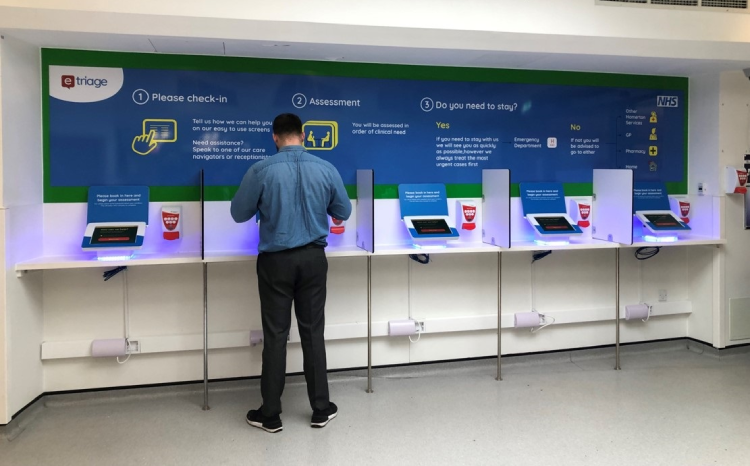Audit Scotland revisits meds management
- 21 April 2009
Scotland’s national audit body has urged the Scottish Government to encourage health boards to take up a national Hospital Electronic Prescribing Medicines Administration system as soon as one is available.
In its latest report, Audit Scotland says the NHS in Scotland has improved the management of medicines in hospitals since it last examined the subject in 2005.
It says the health service has better information on the cost of new medicines, helping its health boards to set better budgets, and that pharmacy staff are working more closely with colleagues and patients to make sure people are taking the right drugs.
However, it says the NHS still needs better information systems to improve the cost-effective use of medicines and safety. When Audit Scotland published A Scottish Prescription: managing the use of medicines in hospitals in July 2005, it welcomed plans for a national HEPMA system.
But its new report, Managing the Use of Medicines in Hospitals: follow-up review, says the 2008 national eHealth strategy “signalled a change in direction” and there are no longer plans to develop a separate HEPMA system.
Instead, it has been integrated with plans to procure a patient management system for the NHS in Scotland, a contract for which should be signed this summer.
“The Scottish Government has not set any timescales for boards to implement either the patient management system or the HEPMA module; it advised us that boards will be responsible for deciding if and when they implement the HEPMA module in place and that they will need the new patient management system in place to do so,” it says.
“Given the potential benefits of a national system, the Scottish Government should ensure that all boards have this in place as soon as possible.”
On safety, the report says that the Scottish Government has set up a nationwide patient safety system, and that boards have their own incident reporting systems in place. These include medication incidents.
However, the report says there is no national system in place that would “collate and share this information to help reduce the risk of future incidents.”
It also raises concerns about the Emergency Care Summary, which has been rolled out to Accident and Emergency departments by ten health boards. The ECR contains information from GP records and is intended to help staff manage patients when they do not have access to their full medication records.
However, Audit Scotland says nine health boards have reported problems with the records – for example, that they are inaccurate and out of date – or that their scope is too limited – for example, because they do not include non-GP prescriptions.
The Audit Scotland report says more progress has been made on a national electronic prescribing system. It says a number of building blocks have been put in place, including a single dictionary of drugs and devices and a national hospital medicines database.
The database should be rolled out by 2010, and will provide basic information and standard reports on the drugs used in hospitals. This should enable boards and hospitals to compare their performance.
Link: Audit Scotland




